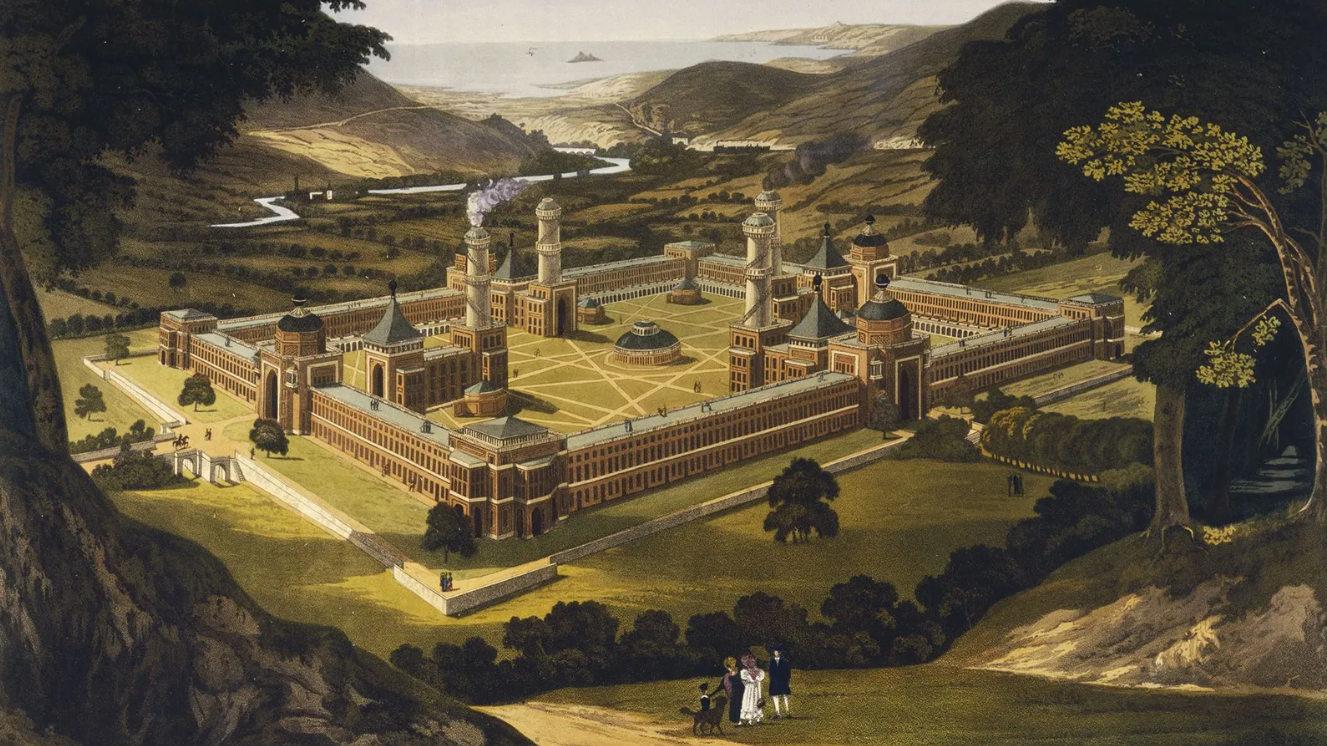
While many revolutionary movements attempt to seize State power, there have always been those who resist through withdrawal, creating their own communities, organized around a utopian vision of a more just social order. Experimenting in communalizing property, income, and resources, they aim to create the social conditions for moving away from reliance on the State, wage labor, and nuclear family, creating a prefigurative society. This course will cover a broad overview of such attempts, including radical spiritualist movements, maroon societies, 19th century American utopianism, utopian socialism, 'back to the land' communes, black separatists, and queer separatists. We will understand the context of their emergence, motivating ideologies, structure of their social systems, and assess the efficacy of these methods, both as sustained experimental modes of life, and as projects of social transformation. Students should expect to read an average of 30-40 pages of material in preparation for each class, and take part in helping to collectively run discussions.
We’ll begin the first week with examining some texts in communal theory, clarifying the arguments around terms like utopian and separatism. The first few weeks will focus on early modern separatist movements, seeking to escape various forms of domination, usually motivated by radical religious motivations. This will transition into the so-called utopian socialists, who are motivated by more secular concerns, focused on economy and rational design. After spring break, we’ll be in the 20th century, with communal movements run by labor groups, anarchist collectives in the Spanish revolution, and attempts by Israeli Kibbutzim to restructure the family and gender roles. The remainder of the class will cover significant examples from the 1960s on, including egalitarian and ecological communes, black and queer separatists, and state-encouraged communes in Venezuela.
We’ll begin the first week with examining some texts in communal theory, clarifying the arguments around terms like utopian and separatism. The first few weeks will focus on early modern separatist movements, seeking to escape various forms of domination, usually motivated by radical religious motivations. This will transition into the so-called utopian socialists, who are motivated by more secular concerns, focused on economy and rational design. After spring break, we’ll be in the 20th century, with communal movements run by labor groups, anarchist collectives in the Spanish revolution, and attempts by Israeli Kibbutzim to restructure the family and gender roles. The remainder of the class will cover significant examples from the 1960s on, including egalitarian and ecological communes, black and queer separatists, and state-encouraged communes in Venezuela.
- Teacher: Ethan Tupelo